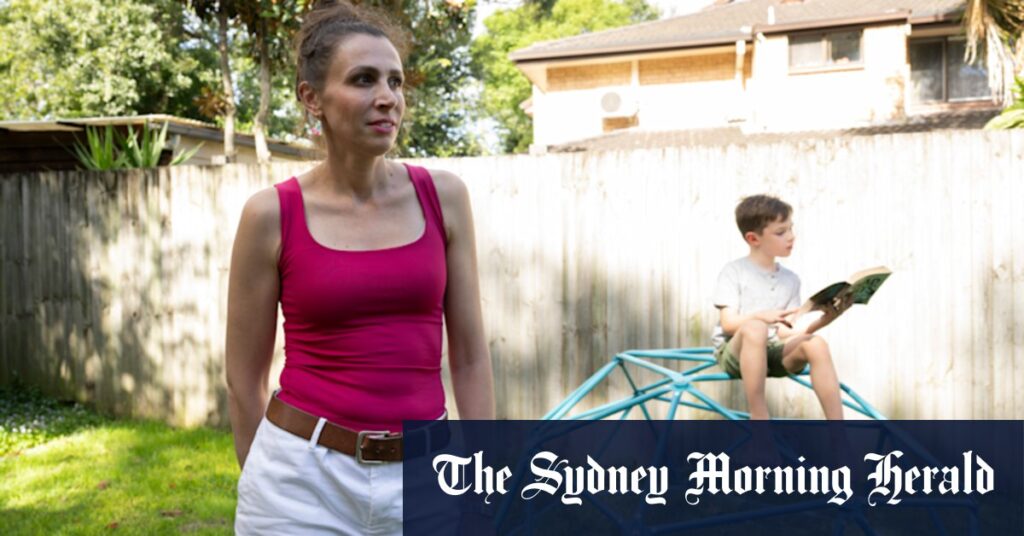“I don’t think we can have schools just doing whatever they want with laptops and iPads. There is no consistency about how much they should be used and when. I think some technology is great to have, but I’m really worried about how distracted they can get and how useful it is.
Loading
“Homework is done on Google Classroom so suddenly they are down this rabbit hole searching the internet.”
Nunn is concerned schools are introducing laptops before year 3 to help students prepare for online NAPLAN tests, and she wants the NSW Education Standards Authority (NESA) to set guidelines for how all school sectors manage screen use. Last month, the regional government of Madrid announced plans to limit laptops and tablets in primary schools to a maximum two hours a week.
All-boys school Waverley College tested a tech-free week in which all lessons were without laptops last year, while Sydney Grammar has long bucked the trend and resisted computers in lessons.
While students need digital literacy skills, University of Notre Dame early literacy professor Lorraine Hammond said it was unnecessary for young children to use iPads and laptops for learning.
“In the first four years of schooling the focus needs to be on teacher-led instruction in the core foundational skills of oral language, letter-sound knowledge and practicing decoding words that leads to fluent reading skills,” Hammond said.
Schools sometimes use iPads to occupy children when they are being “rotated around” in groups in literacy or maths lessons, Hammond said. “Developing gross motor skills, using pen and paper and handwriting is critical in early literacy.”
A study published last year showed handwriting trumped typing when it came to boosting brain power, while experts have warned schools have embraced screen-heavy lessons without evidence to support the shift.
Nunn said after raising concerns about the BYOD policy, Marist College North Shore sent a letter to parents to survey their views, including if they want devices kept at school overnight. The school will also give year 2 students a “tech-free” day on Tuesdays.
A spokesperson for Sydney Catholic Schools, which operates Marist College North Shore, said: “In what is an increasingly digital world, we help students become confident and responsible users of technology from a young age. We aim to use technology purposefully, with technology enhancing learning rather than replacing traditional methods.
Loading
“We are continually reviewing and updating our policies to create a balanced and thoughtful approach to technology.”
Another primary school parent, Aliza Hofbauer, delayed buying an iPad for her son despite his school, Rose Bay Public, asking for devices to be brought each day from year 4.
“The cost is unreasonable, but this expectation that a child has an iPad in their bag … I also didn’t know the BYOD policies varied depending on which school you go to,” Hofbauer said.
“It is this extra pressure on the parents. What is so frustrating is the homework is done online, and they get distracted, and flick between screens and gaming apps.”
A NESA spokesperson said schools are “best placed to make decisions about the mode of teaching and learning including the use of technology in classrooms, in line with their school community needs and expectations”.
In 2023, the NSW government banned mobile phones for all public school students, a policy already adopted by many private and Catholic schools.
The Morning Edition newsletter is our guide to the day’s most important and interesting stories, analysis and insights. Sign up here.
Read the full article here

